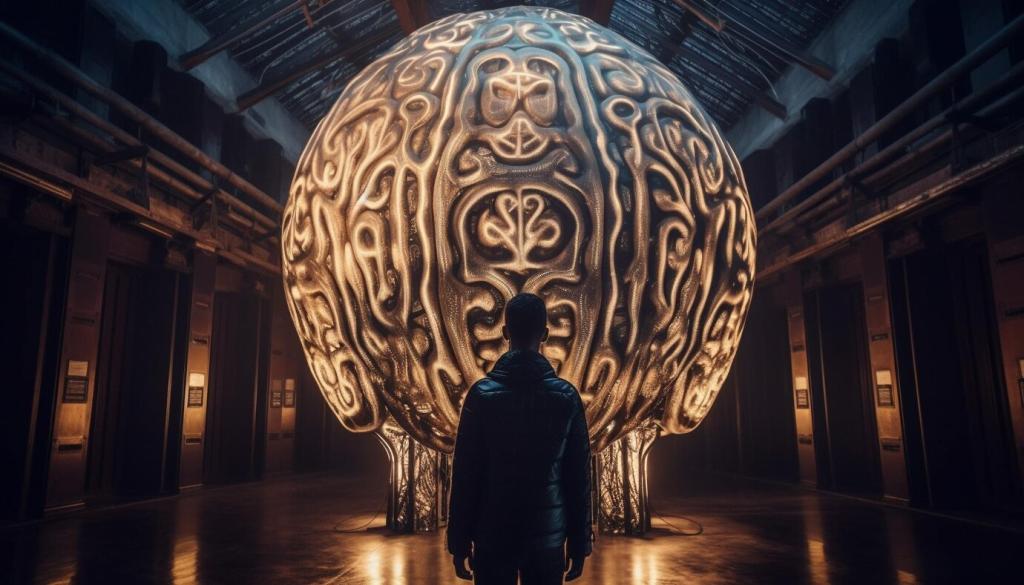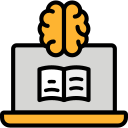
Exploring Tomorrow: Future Trends in Digital Encyclopedias
Selected theme: Future Trends in Digital Encyclopedias. Step into a world where knowledge updates itself, context adapts to you, and curiosity becomes a daily habit. Join our community, subscribe for fresh insights, and help shape how the next generation learns.



Trust and Provenance: Seeing How Knowledge Is Made
Smart citations will summarize a source’s credibility, peer review status, and update recency, while linking to archived snapshots. You’ll know what is stable consensus versus emerging evidence, without wading through opaque bibliographies alone.


Hold up your phone in an old town square and watch historical layers animate buildings, trade routes, and dialect shifts. An encyclopedia entry becomes a guided, geolocated tour, blending archival photos and spatial data with narrative context.

From orbital mechanics to epidemiology, clickable models will let you change parameters and watch outcomes update instantly. Explanations adjust based on the values you test, linking to the math, assumptions, and real-world case studies behind the curves.

Expect high-quality voice narrations, gesture-based summaries, and sign-language interpretations, baked in from the start. Multimodal comprehension helps busy learners, neurodiverse readers, and anyone who processes information better by hearing, seeing, or doing.
Personalization Without the Pitfalls
Pick a goal—understand quantum computing basics in two hours—and receive a sequence of entries, glossaries, and videos. You can dial complexity up or down, bookmark detours, and export a plan to share with classmates or colleagues.



Global Access, Offline-First, and Multilingual Futures
Lightweight packs will deliver core articles, maps, and media to areas with intermittent internet. When connections return, differential updates synchronize quietly, ensuring schools and libraries can teach with current information year-round.
Global Access, Offline-First, and Multilingual Futures
Volunteer translators and educators will pair with adaptive machine translation, with domain glossaries preserving nuance. Readers can flag awkward phrasing, propose fixes, and earn credit as contributions improve clarity across regions and dialects.
Linked Data as the Semantic Backbone
Every entry will reference stable identifiers for people, places, concepts, and works. That web of meaning powers smarter search, reveals unexpected connections, and lets researchers pull structured facts straight into their analysis pipelines.
APIs for Educators and Creators
Teachers will import curated reading lists into learning platforms with one click. Creators can embed live, citation-rich panels that update automatically, ensuring readers see the freshest consensus without manual maintenance nightmares.
Reproducible Knowledge Workflows
From datasets to code notebooks, supporting materials will be linked and archived. Readers can replicate results, test assumptions, and suggest corrections, turning articles into launchpads for open, verifiable inquiry rather than static endpoints.

The Human Touch: Editors, Educators, and Communities
Editors will mentor AI assistants, shape article narratives, and protect nuance in contested topics. Their judgment anchors the system, ensuring speed never outruns accuracy, empathy, or the craft of clear explanation.
A science teacher in Manila used a prototype encyclopedia’s simulation to visualize plate tectonics. Students tweaked variables and compared historical quakes, then wrote reflections. Engagement soared, and parents subscribed to follow their children’s explorations.
Micro-contributions—clarifying a paragraph, adding a missing source, or recording a short audio definition—will matter. Comment with the topics you’d love to enhance, and join our newsletter for monthly contributor spotlights and collaborative sprints.
